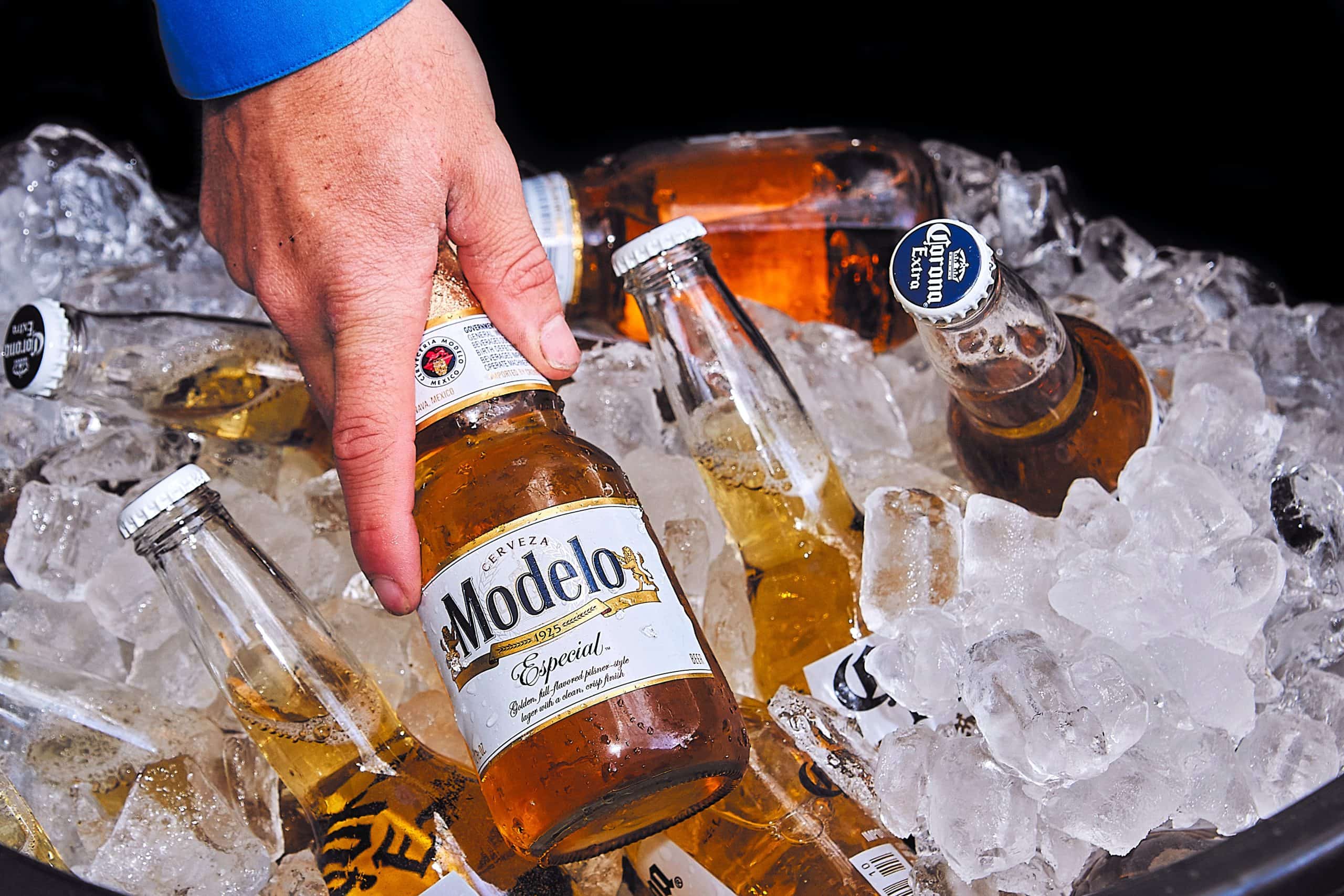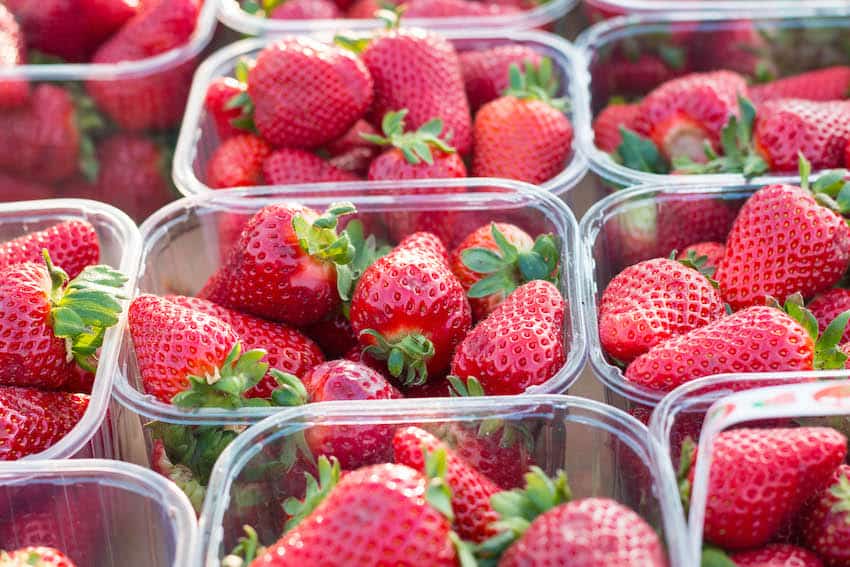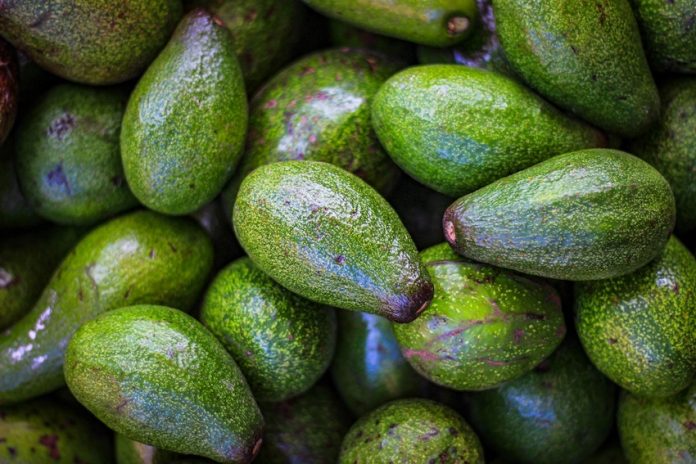Mexico registered an agri-food trade surplus of US $5.3 billion in the first six months of 2023, led by exports of beer, tequila, avocados, tomatoes and berries.
The country exported US $27.5 billion of agri-food produce from January to June, a 5.38% increase from the same period in 2022 – the highest figure registered in 31 years.

Meanwhile, agri-food imports totaled US $22.2 billion, according to figures from the Agriculture and Rural Development Ministry (Sader). The resulting trade surplus showed a year-on-year increase of US $402 million, or 8.19%. It is the ninth consecutive year that Mexico has registered a trade surplus in the agri-food sector.
The total surplus was made up of US $1.3 billion in the agricultural and fishing sector and US $4 billion in the agro-industrial sector, which produces processed foodstuffs and other agricultural products.
Nearly half of all agri-food export revenue in 2023 came from just six products: beer, tequila, berries, tomatoes, avocados and beef.
Beer and tequila maintained their place as Mexico’s leading agri-food exports, generating US $2.97 billion and US $2.35 billion, respectively.

Avocados – sometimes dubbed “green gold” due to their high retail prices and relatively low production costs – generated US $1.6 billion, following a 12-month period in which Mexico exported a record 1.13 million tonnes of the fruit to the United States.
Avocado export volumes showed an annual increase of 48.8%, according to an analysis by the Agricultural Markets Consulting Group (GCMA). However, there was a 52% drop in the price of the fruit, threatening its place as Mexico’s top unprocessed agricultural export by revenue.
Tomatoes came a close fourth in the agri-food ranking with US $1.5 billion of exports, according to Sader, while strawberries and raspberries came fifth with US $1.28 billion, despite originally topping the ranking in the first two months of this year.
Exports which registered the highest growth were soybean oil (163%), live cattle (52.8%), butter, fat and cocoa oil (47.6%), coffee, tea and yerba maté (39.3%) and pasta (35%).
With reports from T21 and El Universal
